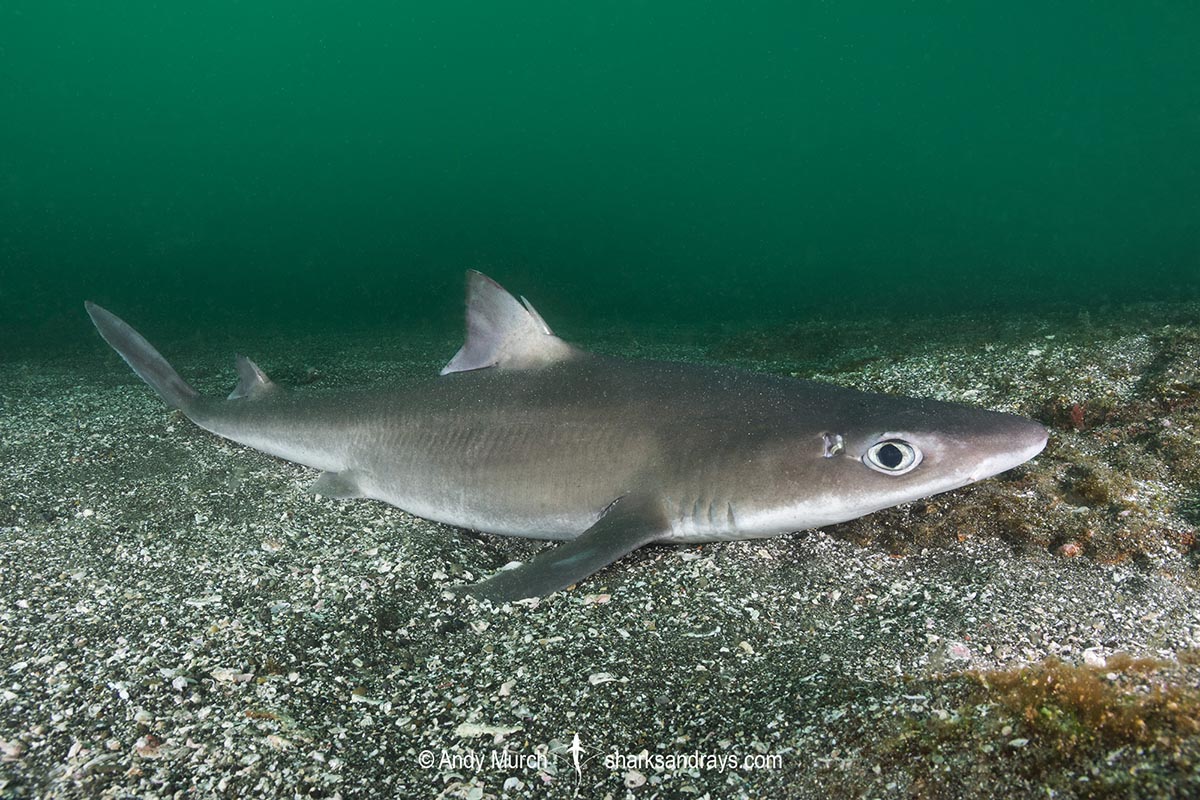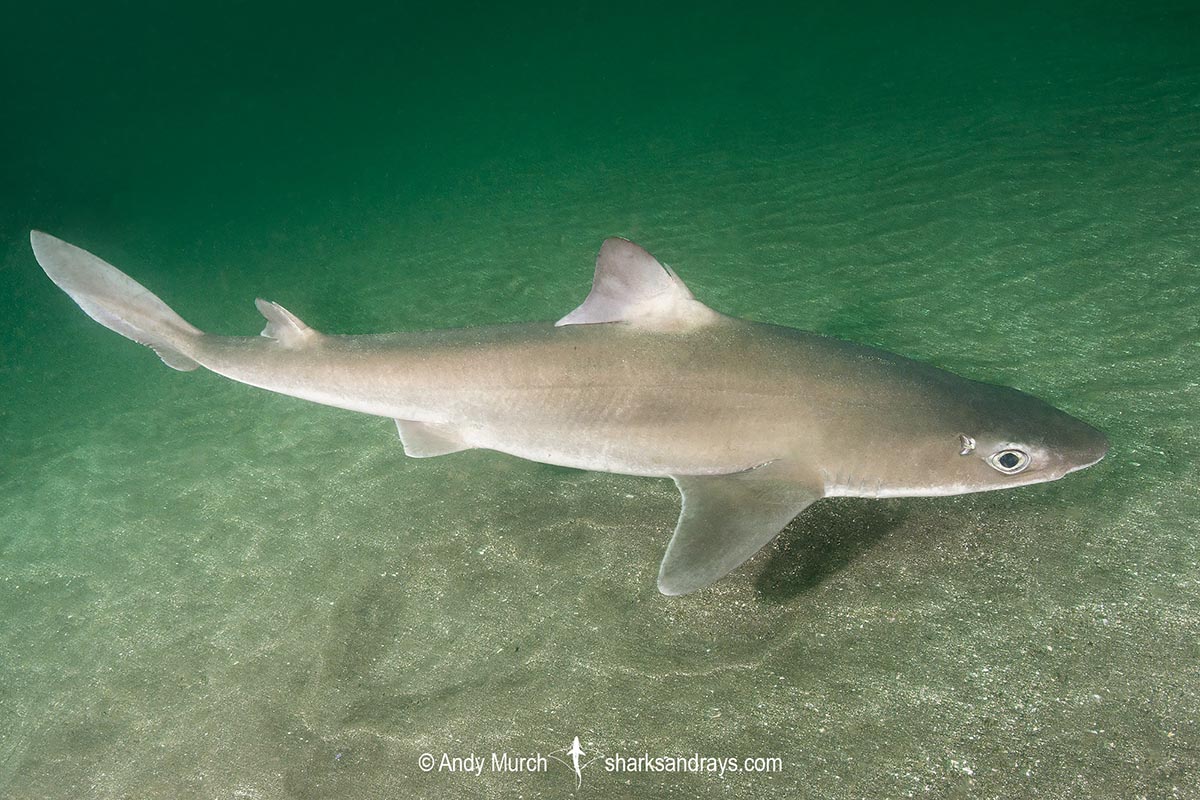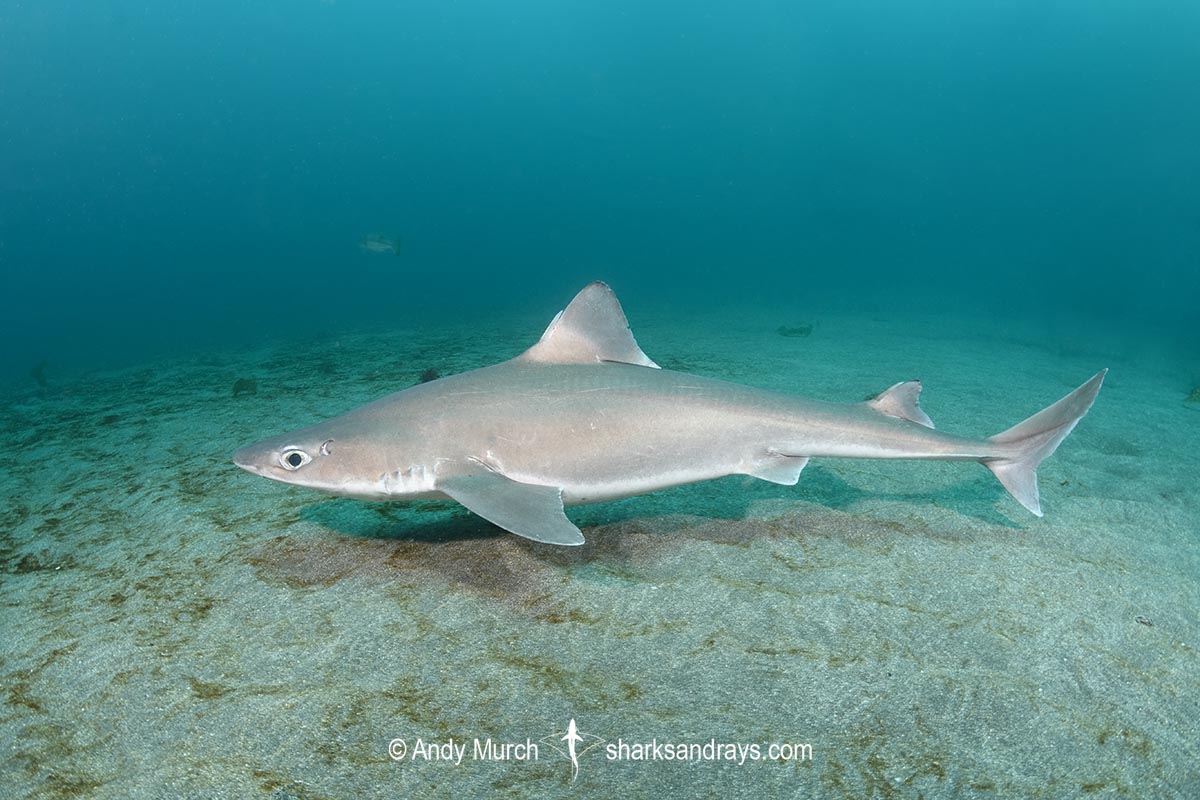Common names
Japanese Spurdog, Japanese Dogfish.
Binomial
Squalus japonicus.
Synonyms
None.
Identification
A slender squaloid shark with a long, narrow pointed snout. Snout length approximately 2x mouth width. Anterior nasal flaps split into two points. Two dorsal fins with anterior spines. First dorsal spine roughly half the length of fin anterior margin. First dorsal fin origin slightly posterior to free pectoral fin insertion. Second dorsal approximately .7x height of first dorsal fin. Spine on second dorsal fin longer and more curved than spine on first dorsal fin. Pectoral fins have rounded free rear tips.
Dorsal coloration grey, reddish grey, or brownish-grey and unmarked but fin tips may be somewhat dusky. Ventrum pale.
Size
Maximum length 95cm. Size at birth 19-30cm.
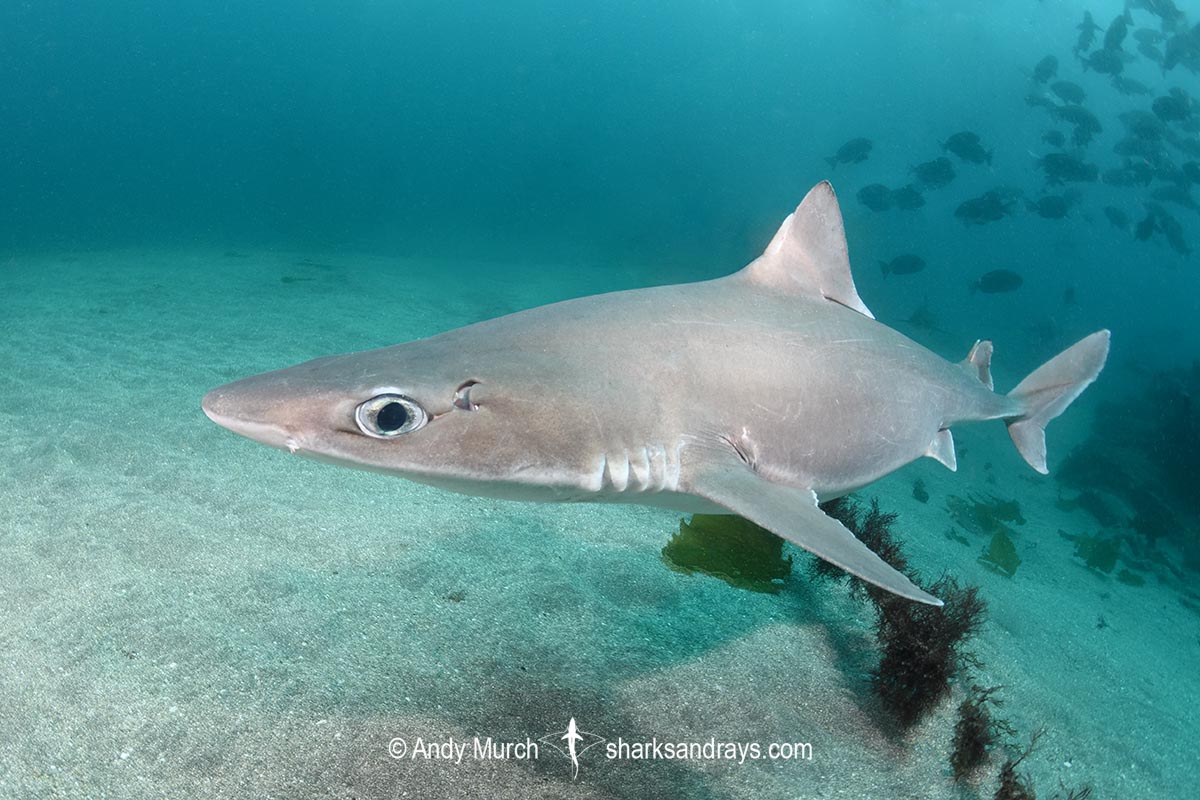
Conservation Status
ENDANGERED
The Japanese Spurdog (Squalus japonicus) is a retained bycatch component of trawl, longline, and gillnet fisheries. It is utilized for human consumption and fish meal. In Japan, the popukation is relatively stable, but landings data of all sharks combined from Taiwan, China, and South Korea indicate declines of 52–99% over the past six decades.
The Japanese Spurdog mostly occurs in Taiwan, China, and South Korea where fishing pressure is highest. Recent bans on inshore trawl and gillnet fishing in Taiwan and China, may help relieve some fishing pressure. Bottom trawl fisheries in Japan are also decreasing.
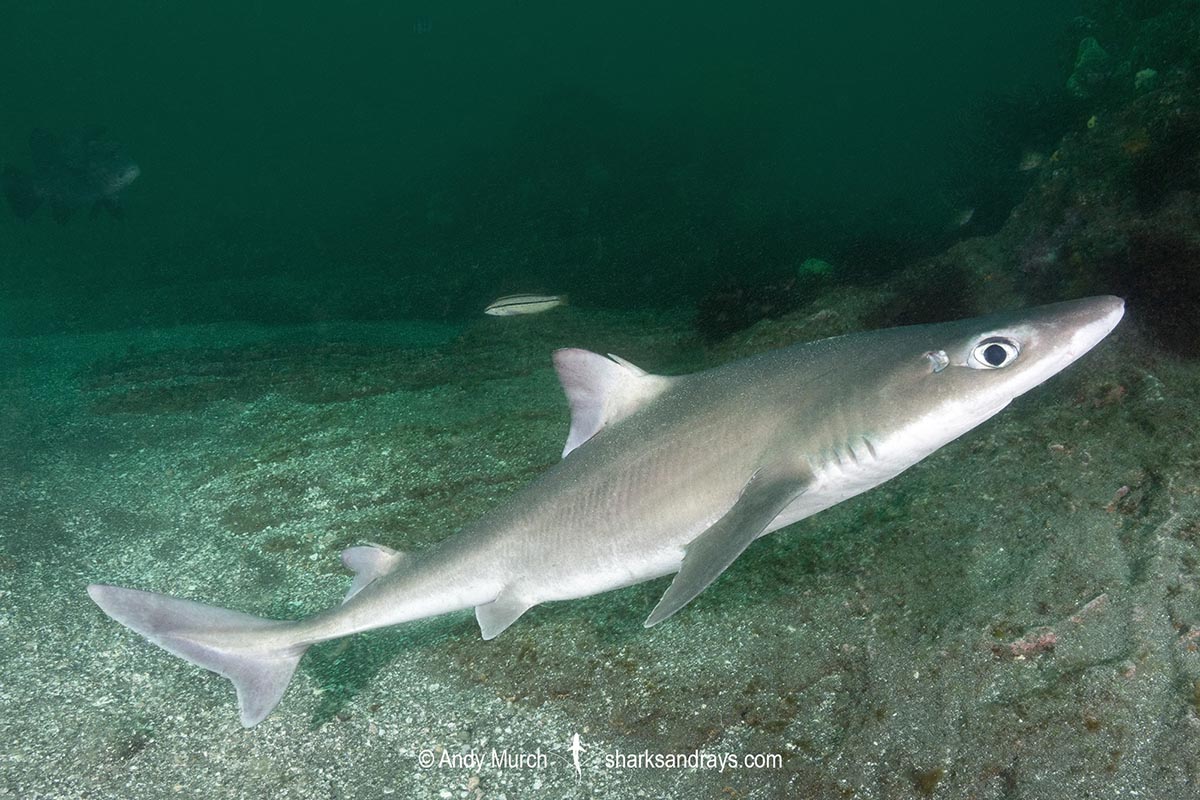
Habitat
The Japanese Spurdog is a deepwater species occuring on the continental shelf and upper slope. From 52m to at least 400m depth.
Distribution
Northwest Pacific Ocean. The Japanese spurdog is restricted to Japan, Korea, China, and Taiwan. Records from the Philippines are probably misidenfications of the Western longnosed spurdog Squalus nasutus.
Reproduction
An aplacental viviparous species. Litter size 2-8.
Diet
Probably feeds on bony fishes and invertebrates.
Behavior
Unknown.
Reaction to divers
Unknown but probably very shy. The Japanese spurdog occurs in water deeper than 50m. Therefore, encounters with recreational divers are unlikely.
Diving logistics
There are no records of Japanese divers seeing this species while on scuba but it may be possible to attract this species into recreational depths by baiting near drop offs close to recreational limits.
Similar species
North Pacific Spiny Dogfish Distinguished by white spots on lateral line, shorter snout, and longer fin spines.
Mandarin Dogfish Distinguished by extremely long nasal barbells.
Taiwan Spurdog Distinguished by black posterior margins on dorsal fins.

